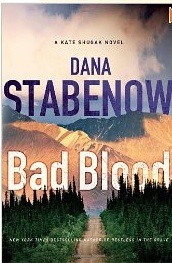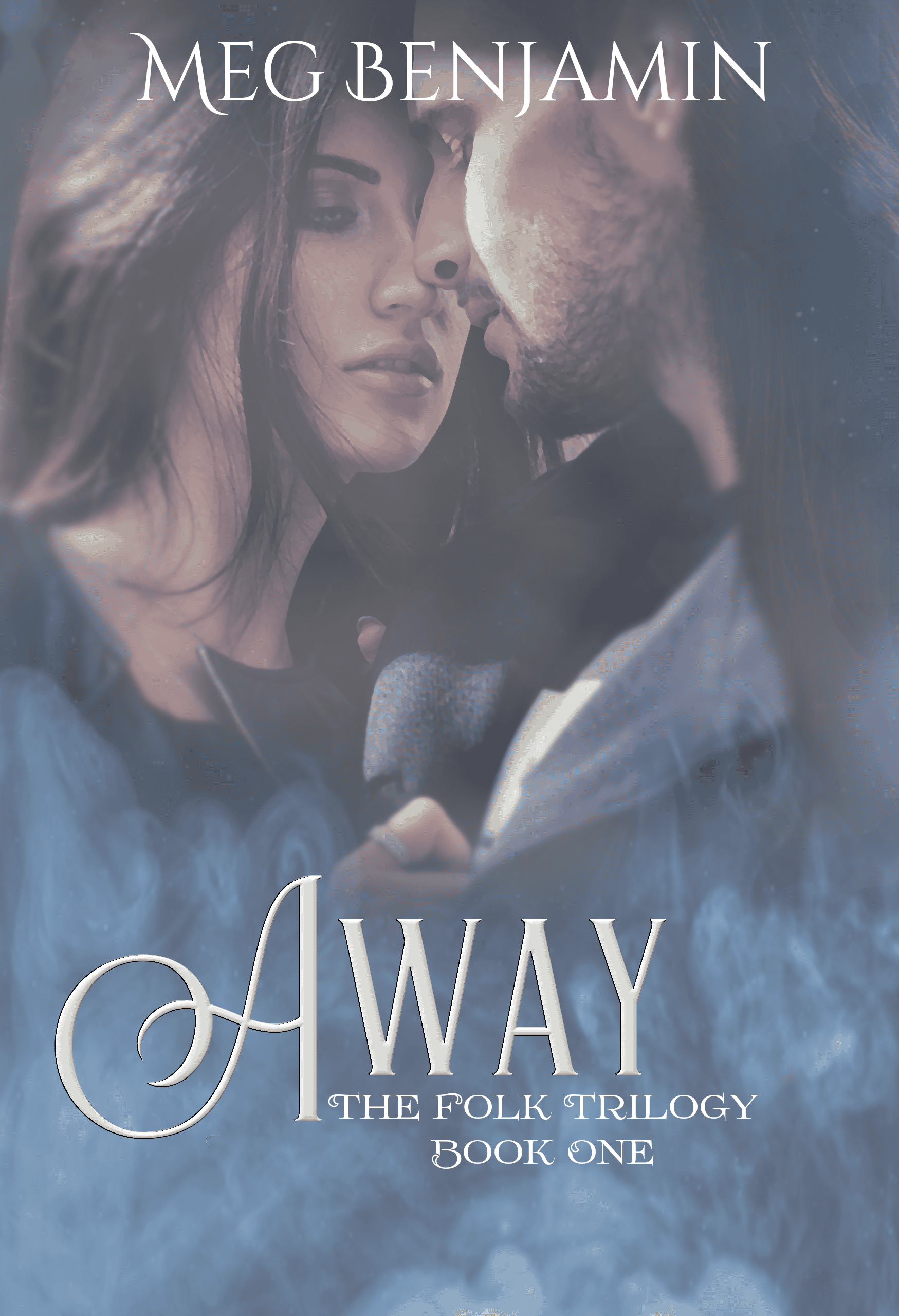Hanging From That Cliff
 Dana Stabenow’s newest Kate Shugak mystery, Bad Blood, has been getting some mixed reader reviews on Amazon and Goodreads. Some readers comment that there’s not enough Kate in the book, that much of the story is told from others’ points of view. As a matter of fact, the crime in the book isn’t really connected to Kate directly—it’s her lover, Trooper Jim, who has to deal with a series of murders that take place in two feuding rural settlements. Kate does help, but it’s Jim’s show.
Dana Stabenow’s newest Kate Shugak mystery, Bad Blood, has been getting some mixed reader reviews on Amazon and Goodreads. Some readers comment that there’s not enough Kate in the book, that much of the story is told from others’ points of view. As a matter of fact, the crime in the book isn’t really connected to Kate directly—it’s her lover, Trooper Jim, who has to deal with a series of murders that take place in two feuding rural settlements. Kate does help, but it’s Jim’s show.
But the more serious objections concern the book’s climax. I’m not going to do any plot spoilers here. All I can say is that the book ends with an epic cliffhanger, one that has several readers very upset.
In a way, I can sympathize with this reader reaction, although I don’t agree that Stabenow is being “unfair.” Writers can basically do what they want with their characters, although readers obviously don’t have to like it. But there’s a legitimate question about whether authors should leave readers hanging at the end of books, particularly when you know there won’t be any relief for a year (the amount of time it usually takes Stabenow to publish another Kate book).
The problem, as I see it, is that writers make a kind of pact with readers. They ask readers to become involved in characters’ lives, to become interested in their adventures, ultimately to care about them. In exchange, authors offer closure. Readers may not like what happens to characters, but at least they know what happened. Stories have endings, they don’t resolve into the kind of chaos that frequently characterizes reality.
Fiction, particularly pop fiction, offers a patterning of events. That’s one of the many reasons people come to novels. Unlike real life with its messy clusters of incidents that may lead nowhere, pop fiction proceeds in a more or less linear fashion to its conclusion. And you want to know what that conclusion will be. While you may give a nod to possible future events (as in the kickers that frequently come at the end of blockbuster movies like The Avengers), you bring closure to the series of events you’re currently dealing with.
But the cliffhanger doesn’t do this. Some plotlines may be concluded (and this happens in Bad Blood), but some are deliberately left open. And in the case of Bad Blood, the plotlines left open are crucial to the future of the entire series. Television series do this regularly, of course, but it’s less common in fiction. And readers may be justified in feeling both shocked and furious when they find themselves dropped into this situation without warning.
I said before that I didn’t consider this an issue of fairness, but I do think there’s a question about how smart this kind of plot is. When you work hard to build readers’ investment in a character, to make them care, does it make sense to then exploit that caring by leaving readers hanging about a character’s fate? George Martin argues that he didn’t want his readers to find heroes in Game of Thrones, so he apparently feels no compunction about inflicting murder and misery upon his main characters. But those of us who write mysteries and romances don’t have quite as much latitude, nor do we want it.
So do I think the ending of Bad Blood is a bad idea? Yeah, pretty much.
Posted in Blog • Tags: Bad Blood, cliff hangers, Dana Stabenow, On Writing | 2 Comments









I just became a fan recently, but love your books. Keep ’em comin’. Glad RWA was a success. Saw lots of pics. My aunt was there and had a ton of fun. Super cool!!
Thanks!